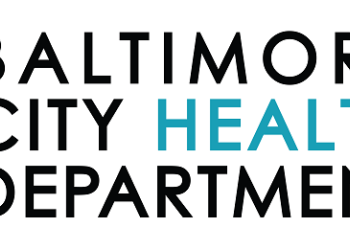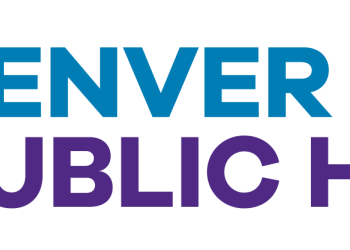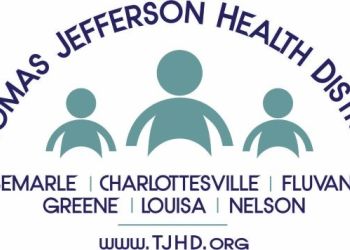Self-Testing for HIV and STIs
During and beyond COVID-19, local health departments (LHDs) continue to work to find solutions so that all people have access to HIV/STI testing. Self-testing is one strategy for individuals who are unable or prefer not to visit traditional testing facilities.
In May 2020, NACCHO conducted a brief survey to assess local health departments’ (LHDs) HIV self-testing capacity and challenges. The findings from the survey are available on our blog. The survey highlighted multiple facilitators and challenges to implementing non clinic-based self-collected testing, including a need for information about the variety of approaches health departments use to implement innovative HIV testing strategies.
To help fill this need, NACCHO published a three-part series on HIV self-testing programs at LHDs across the nation. The three pieces, linked below, can be found on our Stories From the Field blog.
If your health department is implementing non clinic-based self-collected testing, we’d love to hear from you. Contact Julia Zigman (she/her) with experiences or questions about self-testing at LHDs.
Community Health Program
Rebekah Horowitz
Director, STI Programs
JavaScript is required to reveal this message. / Email
Community Health Program
Daisha Washington
Sr Program Analyst, HIV, STI & Viral Hepatitis
JavaScript is required to reveal this message. / Email
Community Health Program
Julia Zigman
Senior Program Analyst, HIV
JavaScript is required to reveal this message. / Email


